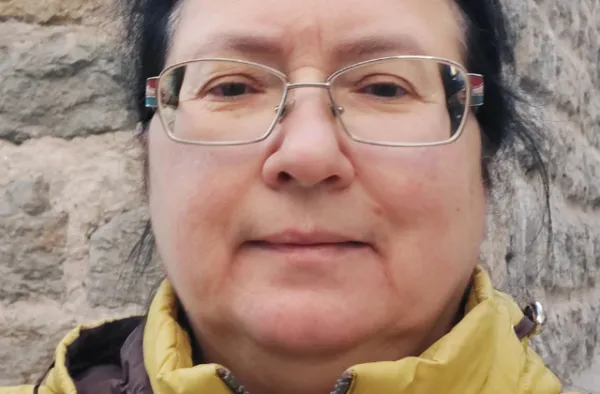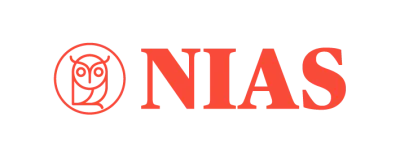Netherlands

Julia Lajus
Julia Lajus is an independent researcher whose research interests include environmental and technological history of biological resources, especially in marine and polar areas, and history of field sciences such as fisheries science, oceanography, and geophysics.
Julia has published four books in Russian, as well as numerous chapters and papers in monographs and international journals. She has considerable experience in international projects, such as “History of Marine Animal Populations,” led by Poul Holm, ESF EUROCORES “Boreas: Histories from the North” with Ronald Doel, “Assessing Arctic Futures: Voices, Resources and Governance” with Sverker Sorlin, and “Exploring Russia’s Environmental History,” with David Moon (funded by the Leverhulme Trust). From 2011 to 2015, Julia Lajus served as vice president of the European Society of Environmental History (ESEH).
Research question: How might the history of Arctic warming in the 1930s be useful for understanding the role of scientists in the face of unpredictable forces – environmental changes and political power?
The Arctic climate is currently changing at least three times faster than the climate of the planet as a whole, a phenomenon known as ‘Arctic amplification’. There is no doubt that this warming has an anthropogenic cause.
It is less known that a hundred years ago there was also a period of regional Arctic warming that had predominantly natural causes. Warming affected fisheries, motivated studies of glaciers and sea ice, and encouraged the exploration of the Northern Sea Route. Observations of changes affected the general understanding of climate mechanisms and forced scientists to shift their views towards accepting the possibility of climate change on a historical scale that they previously rejected.
The need to study changes in the Arctic was one of the drivers behind the organization of the Second International Polar Year in 1932 – 33. However, political instability in this period, with the Great Depression, Hitler’s coming to power, and repression in the Soviet Union hampered Arctic research and especially international cooperation.
Methodologically, Julia Lajus’s project lies in the field of transnational history and is based on literature and archival material from several countries.
environmental and technological history of biological resources (especially in marine and polar areas); history of field sciences such as fisheries science; oceanography; and geophysics
